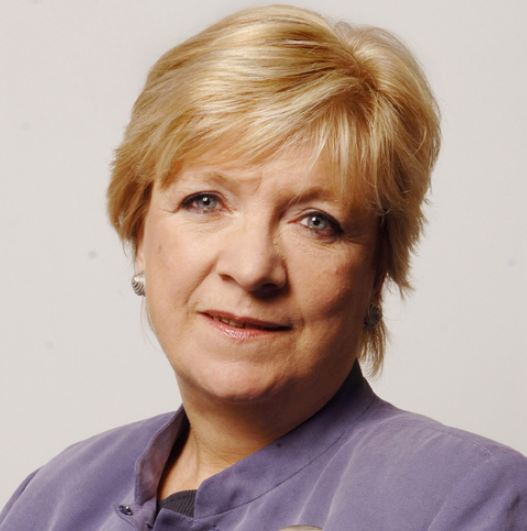How to contact Polly Toynbee? Polly Toynbee’s Contact Address, Email ID, Website, Phone Number, Fanmail Address
Hello friends! Are you a follower of Polly Toynbee? Are you searching on google for How to contact Polly Toynbee? What is Polly Toynbee’s WhatsApp number, contact number, or email ID? What is Polly Toynbee’s hometown and citizenship address? What is Polly Toynbee’s Facebook, Twitter, or Instagram ID?
Do you have a question; how do I send a fan mail and autograph request to Polly Toynbee? Please prepare a nice and well-explained autograph request letter. Don’t forget to use simple language and easy-to-understand sentences for quick understanding.
Find out all these things in our article below…
Today I will tell you about HOW TO CONTACT POLLY TOYNBEE.
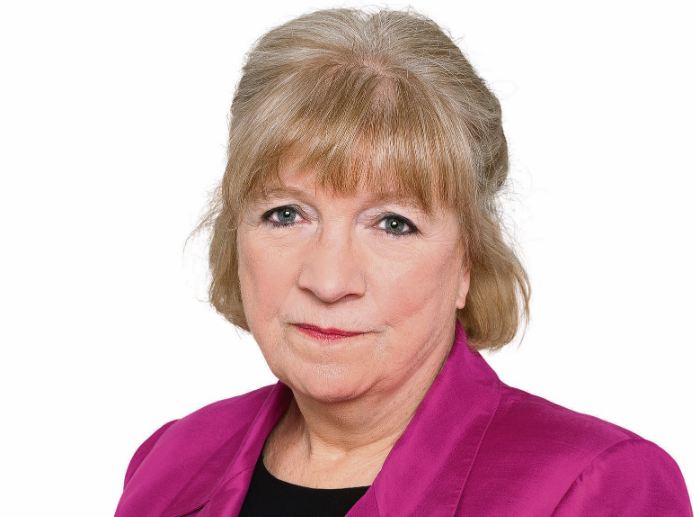
Mary Louisa “Polly” Toynbee is a British journalist and author. She was born on December 27, 1946, in the United Kingdom. Since 1998, she has contributed columns to the publication known as The Guardian. She identified herself as a social democrat and ran for office on the ticket of the Social Democratic Party in the general election that took place in 1983. Although she had previously been critical of the Labour Party’s left-wing leader Jeremy Corbyn, she now generally supports the Labour Party.
Earlier in his career, Toynbee was a social affairs editor for the BBC and The Independent newspaper. After having held the role of president of Humanists UK from 2007 to 2012, she now holds the position of vice president. In addition, she received the Columnist of the Year award at the British Press Awards in 2007. In 2021, she patronized the group “My Death, My Decision,” which advocates for the freedom to die.
Her grandpa was the historian Arnold J. Toynbee, her grandmother was Rosalind Murray, and her great-granduncle was the philanthropist and economic historian Arnold Toynbee, after whom Toynbee Hall in the East End of London is called. Her great-grandfather was also a historian. At age four, Toynbee’s parents separated, and she went to London with her mother, who later wed the philosopher Richard Wollheim. Toynbee was a philosopher.
Toynbee received her education at the Badminton School in Bristol, a private girls’ school, and then continued her education at the Holland Park School in London, a state comprehensive school. She was awarded a scholarship to study history at St. Anne’s College at Oxford institution, where she gained one of her A-levels. Still, she left the institution after just eighteen months of attendance. During her gap year in 1966, she worked for Amnesty International in Rhodesia (which had just recently unilaterally proclaimed its independence), and she stayed there until the authorities kicked her out of the country.
In 1966, she released her first book, which was titled Leftovers. After being kicked out of Rhodesia, Toynbee went public with the existence of the “Harry” letters, which allegedly outlined the sponsorship of Amnesty International in Rhodesia by the British government. This revelation came after Toynbee had been expelled from Rhodesia. After she graduated from Oxford, she went on to find employment at a factory and a burger bar to write in her free time.
Later, she expressed her regret by saying, “I had a crazy concept that I could work with my hands during the day and in the evening return home and write books and poems, and be Tolstoy… But I immediately saw why individuals who work in factories often do not have the energy to write when they come home from work. She moved on to pursue a career in journalism, where she worked as a diary editor for The Observer. In 1970, she published the book A at Life, which was based on her eight months of experience in physical labor and “undercover” periods as a nurse and an Army recruit.
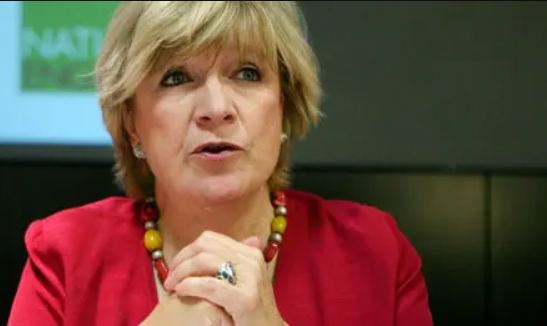
Toynbee spent much of her career working for The Guardian before moving on to the BBC, where she eventually became the social affairs editor (1988–1995). After leaving her position at the BBC, she became a writer and associate editor at The Independent, where she worked closely with the publication’s editor at the time, Andrew Marr. She eventually went back to working for The Guardian. Additionally, she has written for The Observer and the Radio Times, and at one point in her career, she served as an editor for the publication known as the Washington Monthly.
Following Barbara Ehrenreich’s Nickel and Dimed (2001), she published 2003 Hard Work: Life in Low-pay Britain about an experimental period in which she voluntarily lived on the minimum wage of £4.10 per hour. She made her remarks at the Labour Party conference in October 2005.
During her career, she was exposed to salmonella as a hospital porter at a National Health Service hospital, a dinner lady in a primary school, a nursery assistant, a call-center employee, a cake factory worker, and a care home assistant. The working circumstances of low-paying employment in Britain are analyzed critically in this book. In addition, she wrote an introduction for the book Nickel and Dimed: On (Not) Getting by in America, which was published in the United Kingdom.
At the moment, Toynbee is working as a writer for The Guardian and his role as President of the Social Policy Association. The Brighton Festival and the Fabian Society are under her leadership as chair and deputy treasurer, respectively. Toynbee has written about her position of privilege within the British social order. She has said that while she and her family “lived on the left” and were “locked in combat with the forces of conservatism,” they were nevertheless members of a privileged class.
Toynbee had a poor academic performance because she was “too defiant to work, too angry to obey, and too impatient to get out of there.” She ascribed her success at Oxford to the “heavily class-biased exam” created “to reward people of exactly my background.” After working a series of purposefully low-level jobs, she eventually accepted a position that led to her becoming a journalist, which she had never planned to do.
Toynbee is a supporter of the Labour Party’s policies and ideals. She and her first husband, Peter Jenkins, who she was married to from 1970 to 1981, were both signatories to the Limehouse Declaration and were advocates of the Social Democratic Party (SDP) secession from Labour in 1981. At the general election held in 1983 for Lewisham East, Toynbee ran as a candidate for the party. He received 9351 votes, or 22% of the total, and finished in third place.
She was one of the few members of the SDP who believed in unilateral nuclear disarmament and founded a group with the unfortunate name “Unilateralists for Social Democracy.”Later, she decided against supporting the eventual merger of the Social Democratic Party with the Liberal Party, which resulted in the formation of the Liberal Democrats. As a result, she rejoined Labour only after the rump “continuing SDP,” headed by David Owen, fell apart in 1990.
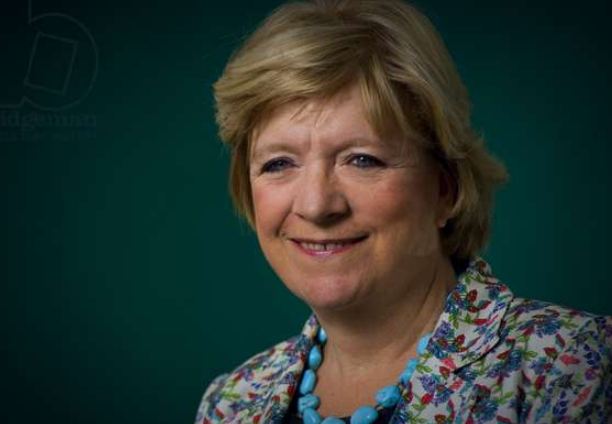
Toynbee criticized the statements made by Metropolitan Police Commissioner Paul Condon in 1995, in which he said that black individuals were responsible for 80% of mugging instances, calling them “an oversimplification that is seriously misleading.” Toynbee made these comments in 1995. She cited Michael Keith, an academic researcher, who had made the following observation with approval: “If you were to standardize for everything else — education, unemployment, housing estates, and life prospects – race on its alone would have almost no effect.
Toynbee made the following statement during a debate in 2002 that was organized by the Royal Society of Arts and Prospect magazine: “Spreading people’s right to self-determination, and their right to think and vote for themselves, is a moral obligation. Hypocrisy charges were leveled at Toynbee since she is a staunch advocate of public schools, even though she sent two of her three children to private schools for part of their schooling. Even though she has been persistently critical of many of the New Labour policies implemented by Tony Blair, she said in an article she authored in 2005 that Blair’s administration “remains the best government of my political lifetime.”
During the General Election in 2005, when discontent was strong among traditional Labour supporters, Toynbee wrote multiple times about the hazards of protest voting, which he called “Giving Blair a bloody nose.” She encouraged readers of The Guardian to vote even if they had to do so with a clothes peg over their noses if it prevented Michael Howard’s Conservatives from winning the election due to vote splitting.
People believed they could criticize Blair without repercussions because they believed Labour would prevail. But the party won’t come out on top if people don’t vote for Labor. Greg Clark, a former member of the Social Democratic Party who subsequently became a Conservative minister, caused a media uproar in December 2006 when he said that Toynbee ought to influence the contemporary Conservative Party.
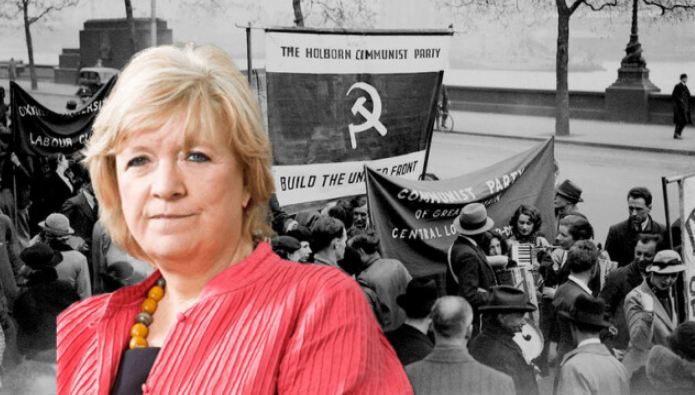
In response to this, the leader of the Conservative Party, David Cameron, said that he was inspired by one metaphor in her works, which compared society to a caravan traversing a desert and described how the individuals at the rear of the train might fall so far behind that they were no longer considered part of the tribe. In addition to this, he said, “I will not be introducing Polly Toynbee’s policies.” Toynbee showed considerable discomfort during this embrace and continued, saying, “I don’t suppose the icebergs had much choice about being hugged by Cameron either.”
Boris Johnson, who was a Conservative MP and writer at the time and who had been harshly criticized by Toynbee, responded to the situation by denying any link with Toynbee’s beliefs and saying that she “incarnates all the nannying, high-taxing, high-spending schoolmarmish of Blair’s Britain.” Polly is the high priestess of our society of political correctness and “elf ‘n’ safety fascism,” characterized by paranoia, mollycoddling, risk aversion, airbags, and booster seats.
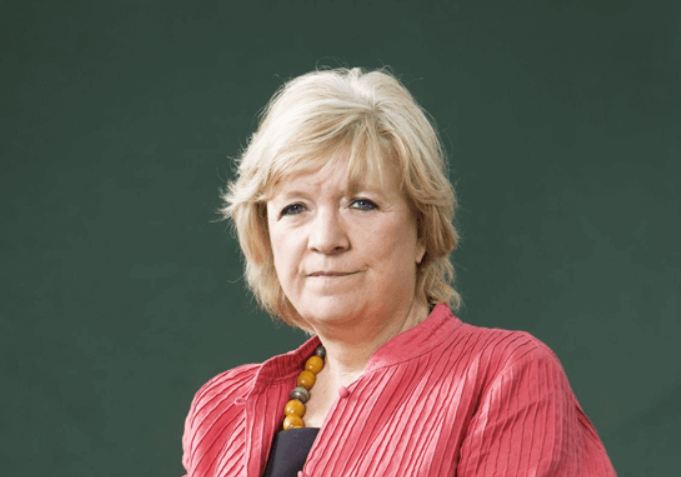
Polly Toynbee Fan Mail address:
Polly Toynbee
Granta Books
12 Addison Avenue
London, W11 4QR
UK
After campaigning for Gordon Brown to replace Tony Blair as prime minister, Toynbee maintained his support for Brown throughout the early stages of Brown’s tenure as prime minister. By the spring of 2009, she had evolved into a strident opponent of Brown, contending that he had failed to implement the social-democratic ideas he had promised and was also extremely bad at presentation. She said he had failed to introduce the social-democratic programs he had promised. After that, she demanded that he go, regardless of whether he was willing.
She encouraged people to vote for the Liberal Democrats in the European Elections in June of 2009. During the general election 2010, she urged casting a strategic vote for whatever candidate had the most potential to prevent the Conservatives from regaining power. Toynbee came under fire in October 2010 for an essay she wrote for The Guardian in which she predicted that recent changes to welfare policies would force many low-income individuals to leave the city of London and that this would be the “final solution” to the problems they faced.
Toynbee clarified that she did not intend for this to reference the Nazis, even though some people saw it that way. A study conducted by the Press Complaints Commission concluded that the statements were “insensitive” but did not violate any regulations since the organization’s mandate does not include issues of taste and offense. She afterward expressed her regret for having used the phrase. Toynbee has been called “the queen of leftist journalists” and was ranked first in a survey of 100 people considered to be “opinion makers” that was conducted in 2008 by Editorial Intelligence.
(2) Nickname: Polly Toynbee
(3) Born: 27 December 1946 (age 76 years), Yafford, United Kingdom
(4) Father: Philip Toynbee
(5) Mother: Anne Powell
(6) Sister: Not Available
(7) Brother: Not Available
(8) Marital Status: Married
(9) Profession: Journalist
(10) Birth Sign: Capricorn
(11) Nationality: British
(12) Religion: Catholic
(13) Height: Not Available
(14) School: Not Available
(15) Highest Qualifications: Not Available
(16) Hobbies: Not Available
(17) Address: Yafford, United Kingdom
(18) Contact Number: +44 (0)20 7605 1360
(19) Email ID: Not Available
(20) Facebook: Not Available
(21) Twitter: https://twitter.com/pollytoynbee
(22) Instagram: Not Available
(23) Youtube Channel: Not Available
Also Checkout: How to Contact Yasmin Alibhai-Brown: Phone Number, Contact, Whatsapp, Fanmail Address, Email ID, Website
